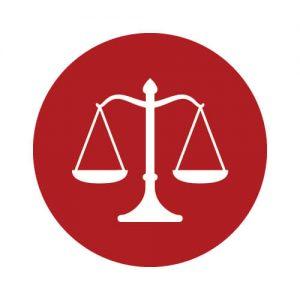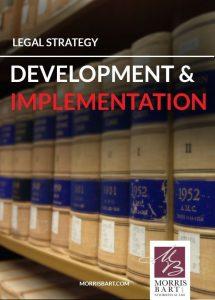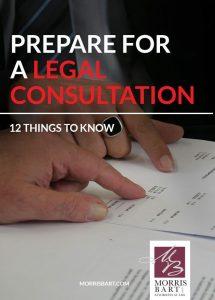
A fan attending a Boise Hawks game in August, 2008 lost his eye when a foul ball struck him in the eye and, in 2010, sued the stadium owners and the baseball team for negligence. The defendants’ attorneys argued that the lawsuit should not be dismissed, citing what is commonly referred to as the “Baseball Rule.”
What Is the Baseball Rule?
The Baseball Rule, which has been adopted in various forms by many state courts and legislatures, is a legal theory that prohibit personal injury lawsuits against stadium owners and teams immunity from liability if fans are injured by those or batted balls.
The Baseball Rule and the immunity it provides is based on reasoning that watching baseball is an inherently dangerous activity and a spectator’s choice to attend a baseball game serves as an implied assumption of the risks related to this inherently dangerous activity.
The Idaho Supreme Court decided not to adopt the Baseball Rule and, stating that the trial court jury should be allowed to decide if watching baseball is an inherently dangerous activity done at the spectator’s own risk.
For a free legal consultation, call 800-537-8185
Louisiana Personal Injury Law in Relation to the Baseball Rule
In Louisiana, only an express assumption of risk is a complete bar to recovery, pursuant to Louisiana Civil Code Article 2323. In other words, unless the injured party, by oral or written agreement, expressly waives to releases a future right to recover damages from the responsible party, assumption of risk no longer has a place in Louisiana tort law and, instead, the comparative negligence of the parties must be taken into consideration.
Louisiana’s abolishment of implied assumption of risk means that The Baseball Rule does not apply in Louisiana. However, an injured sports spectator or a person injured while participating in similar activities, such as amusement park riders, may be entitled to recovery in a personal injury lawsuit against a negligent defendant. In the baseball spectator setting, the case for negligence can be established if it proven that the stadium operator failed to provide the spectators with a reasonably safe area from which they can watch the game.
For example, while it is generally not considered reasonable to require the stadium operator to screen all spectator areas from flying baseballs, it would be reasonable to require screening the spectators sitting behind home plate, where errant throws and foul balls are often directed.
Proving the Negligence of the Person Responsible for Your Personal Injuries
Proving the negligence the responsible party and contesting a claim of comparative negligence an often be a difficult and detailed process. If you have been the victim of someone’s negligence, the personal injury attorneys at Morris Bart are qualified to handle this process.
Questions?Call 800-537-8185
to find a Morris Bart office near you.





